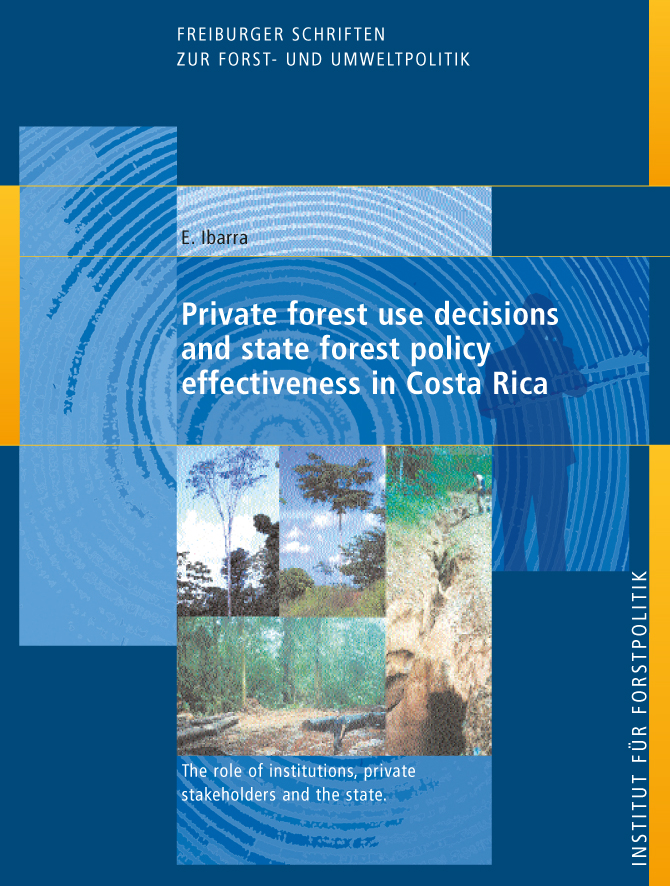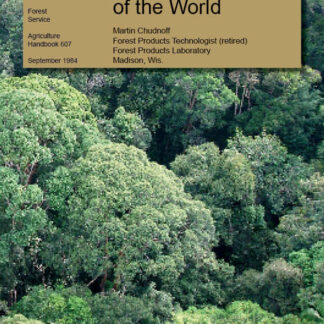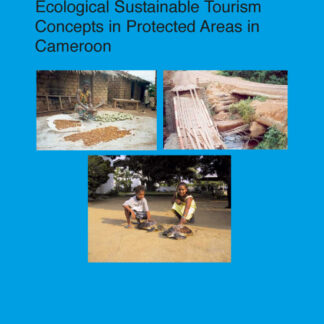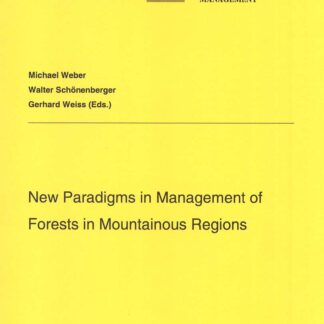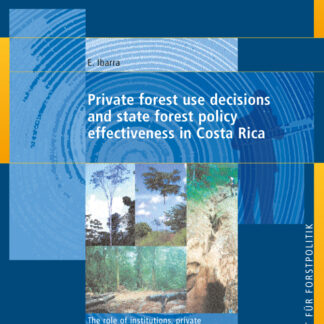Description
Costa Rica is a country well known for its relatively advanced forest policy, but also for the rampant deforestation that – during the past decades – has been a major source of national and international concern. This research addresses the issue of why Costa Rica, despite its innovative policy approaches to forest use, still shows only partial achievement of its formal policy goals (forest protection, sustainable logging and reforestation) among private landowners.
The theory of the New Institutional Economics is the bedrock on which the analysis is performed and conclusions are drawn. Thus, institutional emergence, path dependence, bargaining power and the relationship between formal and informal institutions are some of the subjects considered. Recent institutional changes in the Costa Rican forest sector are closely analyzed.
The interests of the Costa Rican governmentand private actors are pondered to understand the direction and form that such institutional changes have taken. The research also goes over the existing social networks between private landowners, logging entrepreneurs and private (but publicly accredited) forest engineers. By accounting for the motivations of these private actors, it is possible to better understand how such social networks structure private economic behavior around the use of forest resources, and hence how they contribute – or not – to the achievement of formal forest policy ends.
